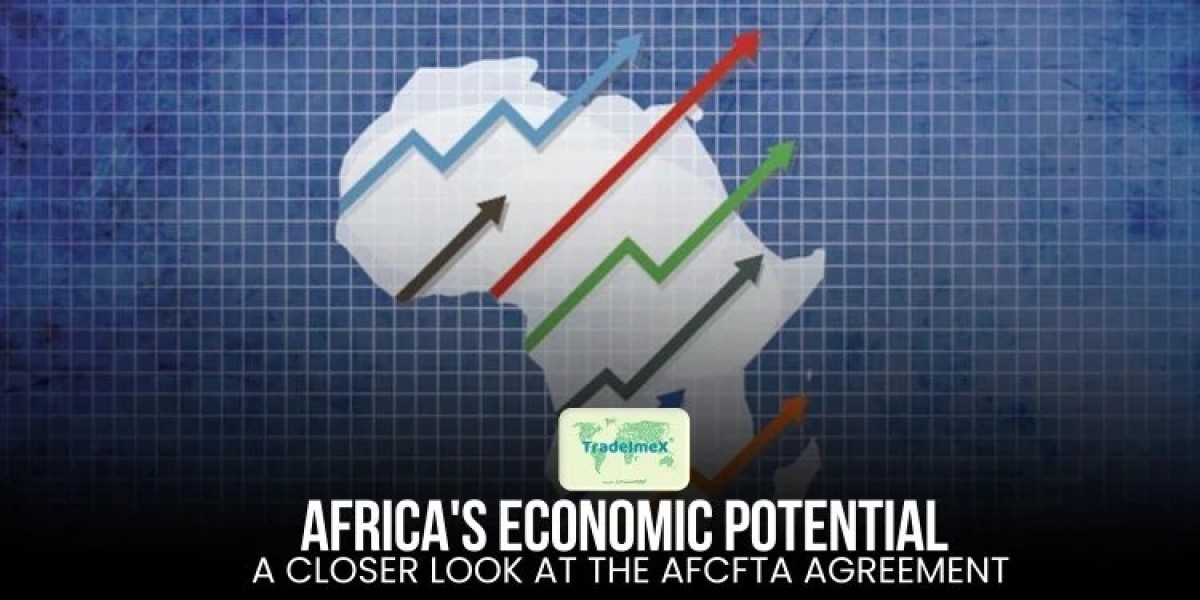The African Continental Free Trade Area (AfCFTA) is a game-changer for Africa, aiming to create the largest free trade area in the world by the number of participating countries. With 54 out of 55 African Union nations involved, it's set to transform the way African countries trade with each other and the world.
Background and Goals
The AfCFTA was born out of the need to break down trade barriers within Africa. Historically, African countries have traded more with nations outside the continent than with their neighbors, leading to economic fragmentation. The AfCFTA seeks to change this by reducing tariffs on 90% of goods, making it easier for people and capital to move freely across borders, and eventually creating a single, unified market for goods and services.
This agreement was officially launched on March 21, 2018, in Kigali, Rwanda. It became operational on May 30, 2019, after being ratified by 22 countries. Trading under the AfCFTA framework officially began on January 1, 2021.
Key Features
Tariff Reduction: The agreement aims to eliminate tariffs on 90% of goods traded within the continent. This move is expected to make African products more competitive and boost intra-African trade.
Non-Tariff Barriers: The AfCFTA also addresses non-tariff barriers such as customs delays and restrictive licensing. By streamlining these processes, the agreement hopes to make trade smoother and more efficient.
Single Market: The vision is to create a unified market for goods and services, similar to the European Union. This involves harmonizing standards and regulations across member states, making it easier for businesses to operate and trade.
Investment and Intellectual Property: The agreement includes protocols on investment and intellectual property rights to create a secure and predictable business environment across Africa.
Economic Impact
The AfCFTA has the potential to dramatically reshape Africa’s economy. According to the United Nations Economic Commission for Africa (UNECA), the agreement could boost intra-African trade by 52% by 2022. This increase in trade is expected to drive economic diversification, reduce reliance on commodities, and promote industrialization across the continent.
The World Bank estimates that by 2035, the AfCFTA could lift 30 million people out of extreme poverty and increase the incomes of 68 million people who live on less than $5.50 a day. The agreement could also enhance Africa’s income by $450 billion and boost exports by $560 billion, primarily in the manufacturing sector.
Challenges and Opportunities
While the AfCFTA presents many opportunities, it also faces significant challenges. Poor infrastructure, such as inadequate road and rail networks, limited port facilities, and unreliable electricity supply, could hinder the efficient implementation of the agreement. Additionally, political instability and varying levels of economic development among member states pose challenges to achieving seamless integration.
Despite these challenges, the AfCFTA offers a historic opportunity to drive Africa’s economic transformation. By fostering greater economic integration, the agreement can enhance the continent’s collective bargaining power, attract foreign investment, and create a more resilient and diversified economic base.
Conclusion
The African Continental Free Trade Area (AfCFTA) represents a monumental step towards uniting Africa’s economies and boosting intra-continental trade. By reducing tariffs and non-tariff barriers, creating a single market, and promoting investment, the AfCFTA has the potential to unlock significant economic benefits for the continent. While challenges remain, the successful implementation of the AfCFTA could herald a new era of economic growth and development for Africa, positioning it as a formidable player in the global economy.



